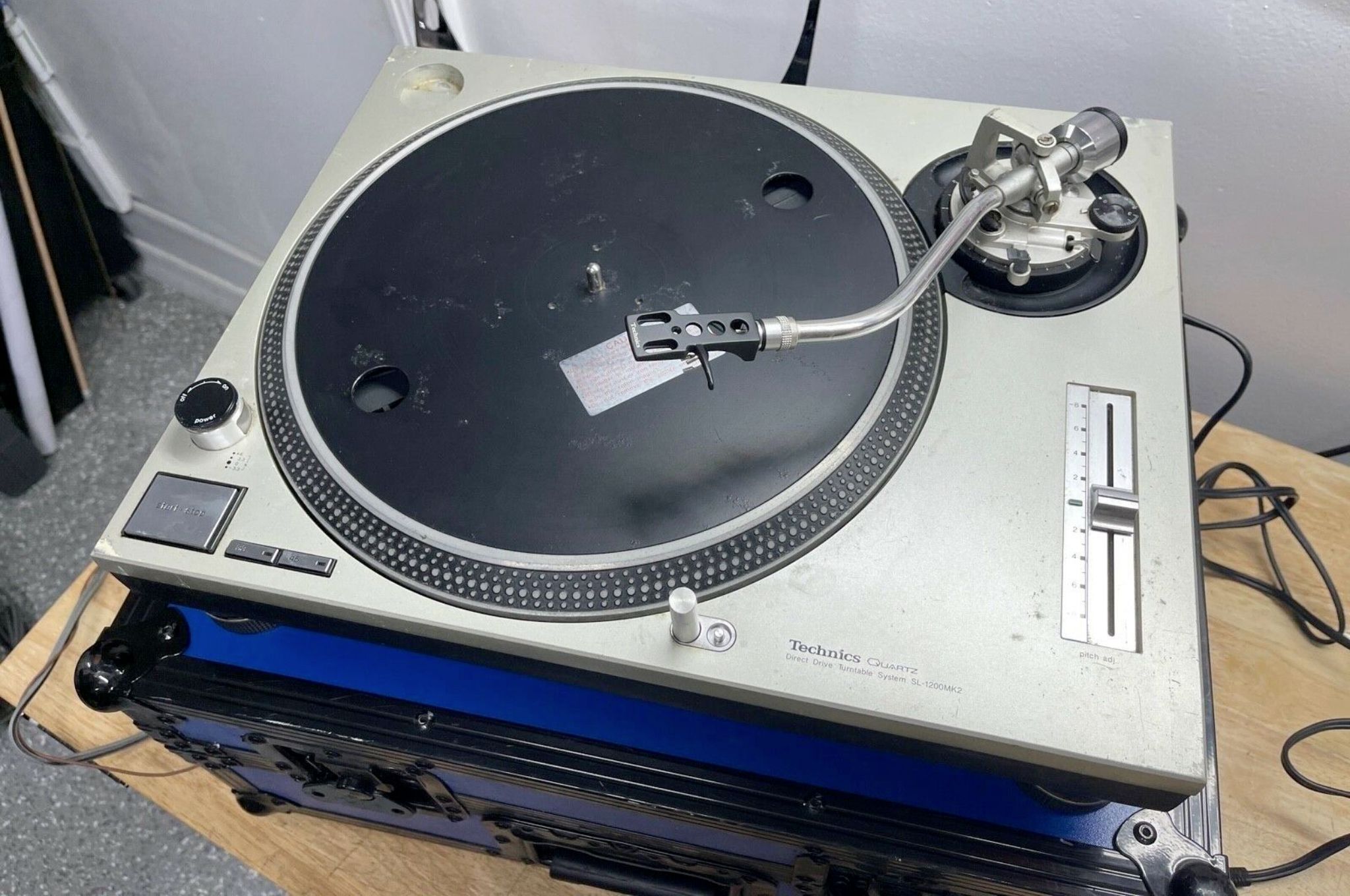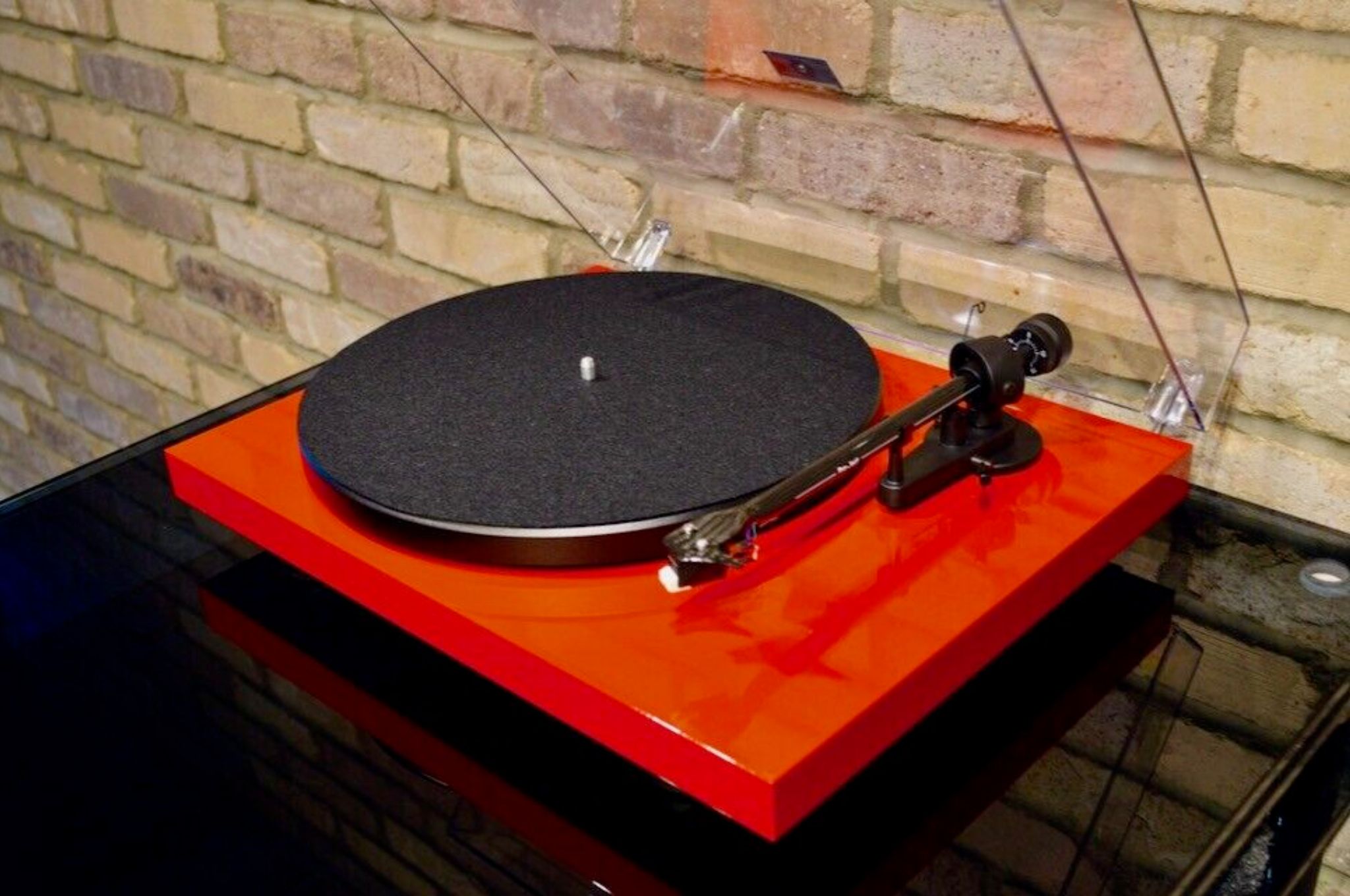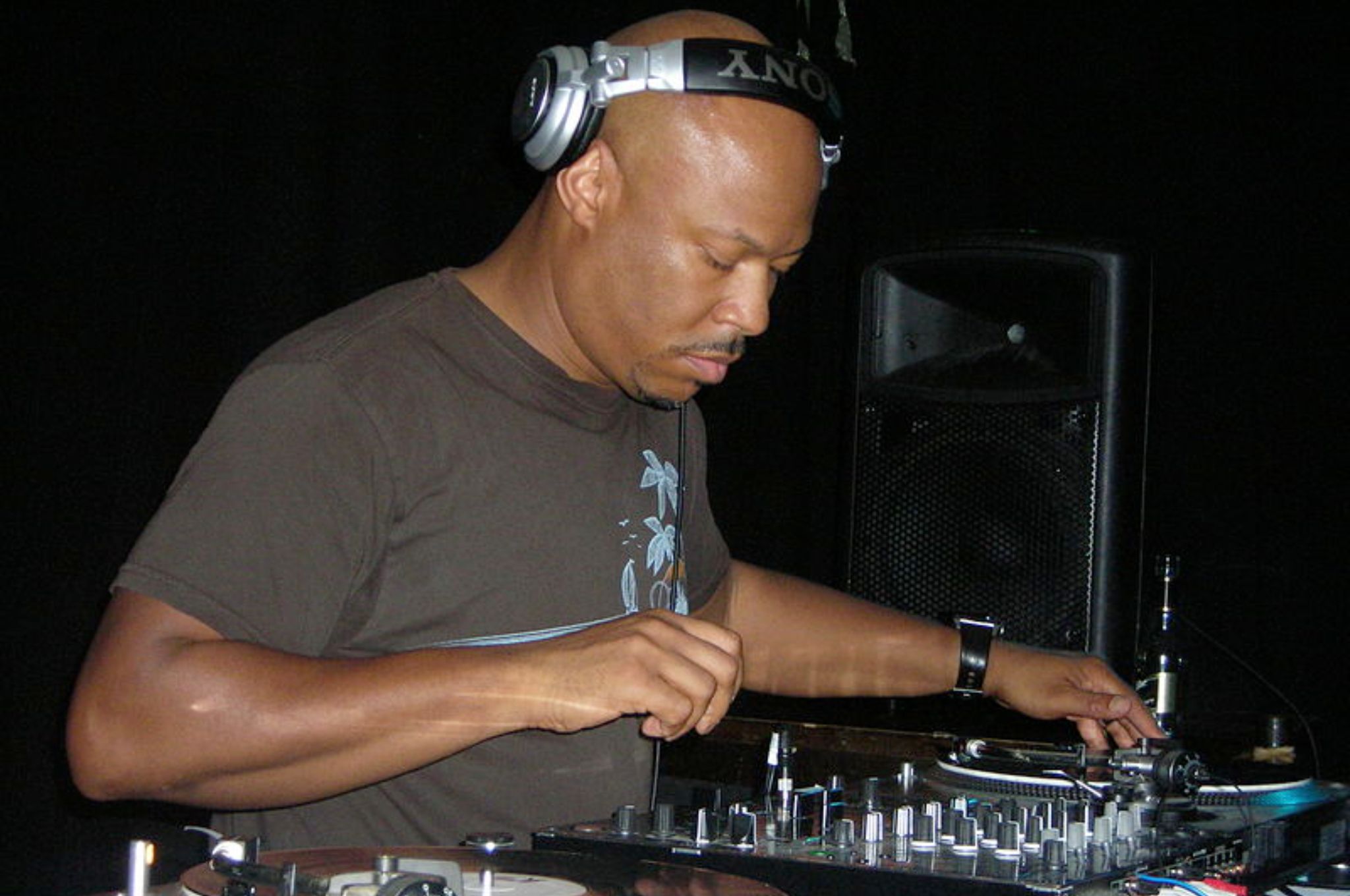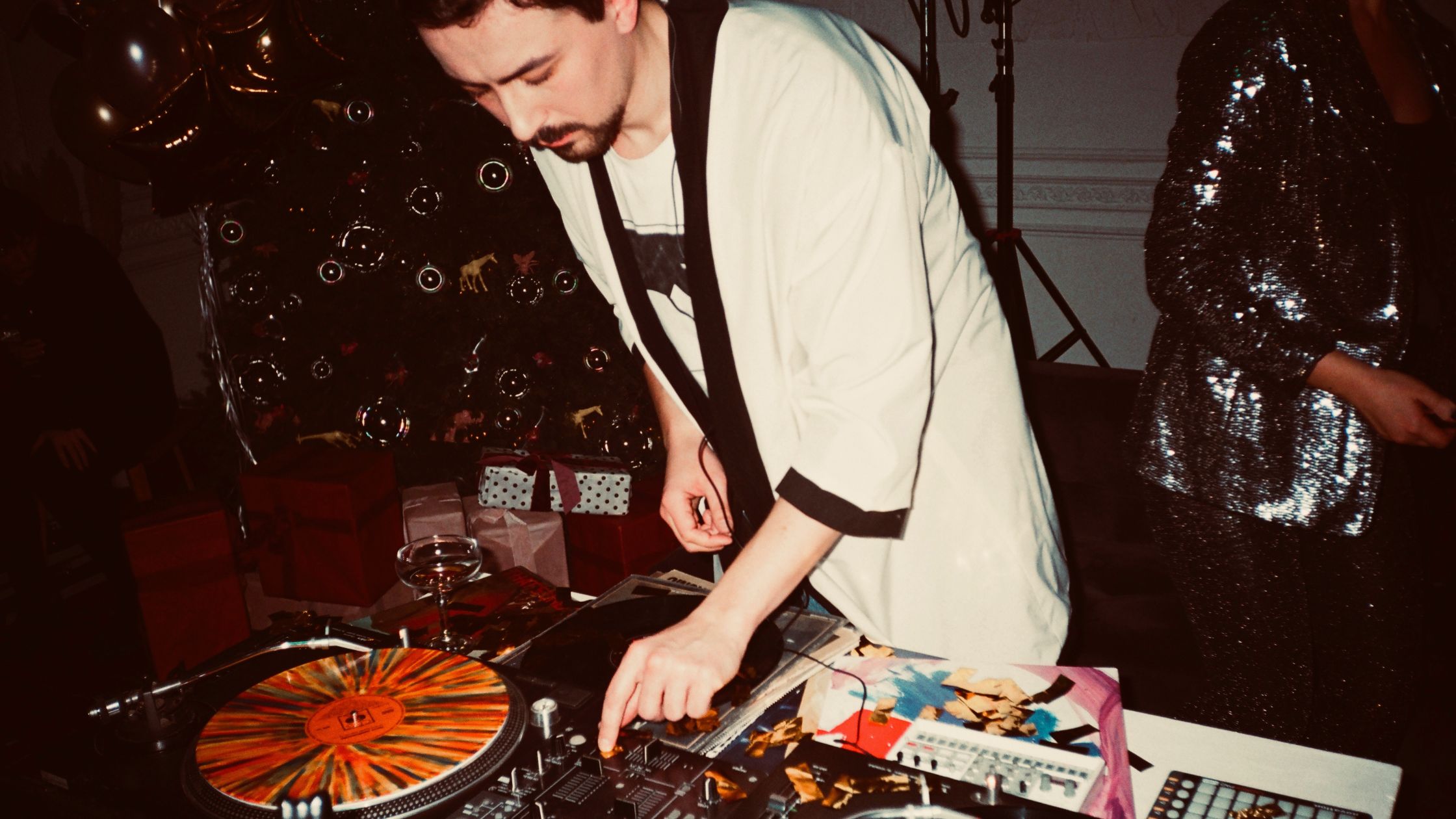There’s a reason most people don’t play their records at home with a DJ turntable. There are many differences between a belt-driven record player and a DJ turntable. Each has its own specific place in the world of vinyl records.
If you don’t have much experience with vinyl records, it can be a challenge to understand the differences between both systems. So, are DJ turntables good for listening to records? Keep reading through this write-up to get a detailed overview of the ins and outs of this question.
Key Points
- DJ turntables are less popular for home listening due to their bulky size and lack of natural audio output.
- DJ turntables are more focused on live performance than anything else, with many sound customization features.
- Record players provide a warmer sound and deliver a higher-fidelity listening experience.
The Vast World of Turntables
With a quick search online, you’ll find that there’s an endless list of turntables that come with varying features and use cases. From belt-driven turntables with Bluetooth capabilities to larger turntable sets built for DJ performances, it’s important to know their differences if you’re looking to build a record collection.
For those wanting to play their favorite records at home, it’s likely they own a belt-driven turntable that could easily fit on a shelf. These types of turntables usually come with a dust cover. You’ll find different features such as varying RPMs, different quality tonearms, and potentially a pair of external speakers to go along with it.
What’s the Difference Between DJ Turntable and Record Player?
When it comes to listening to a vinyl record in a casual setting, there are a few reasons DJ record players aren’t the optimal choice.
Aside from their usual bulky size, the way they’re built isn’t aimed at standard audio playback. Their platters mount directly above the motor. This helps the DJ manipulate the movement of the records by hand. They are also manufactured with a direct-drive system, which is a higher torque motor that may cause extra vibration during use.
Of course, during a DJ set, you may not hear this, but you’ll definitely notice it amongst the silence in your home. DJ tables are designed to help a DJ manipulate audio and the vinyl record’s movement. Due to this, many aspects of the audio signal output don’t sound very natural.
Belt-drive record players come with all kinds of additional features aimed at reducing excess noise, so you can solely focus on the quality of the music. Many of them are also built to track vinyl records with precision without causing any kind of damage. There’s a wide selection of belt-driven turntables, some producing a higher quality audio output than others, but a DJ turntable isn’t built with sound quality as a priority. They focus more on live performance than anything else.
Below are some signature differences between a DJ turntable and a record player.
DJ Turntables

- More sound customization features
- Much heavier and larger in size
- Many connections for integration with other music technology
- Less natural audio output
Record Players

- Low-torque and provides a warmer sound
- Subtle tonearms that deliver a higher fidelity listening experience
- Minimal audio adjustment features in comparison
- More detail in the frequency spectrum of each record
Each type of turntable comes with its particular use case, but both have their place in the world, even with evolving tastes between DJs and audiophiles. While record players with a belt drive get most of the attention when vinyl records are in question, DJ turntables are still very relevant in the music world.
What Are DJ Turntables Used For?

DJ turntables are used in a vast number of ways, but for the most part, they’re used for scratching and beatmatching two tracks. Live performances involve manipulating records using a hands-on approach and the tools that come with the turntable. Some of the included features of direct drive turntables will focus on pitch control, easy start and stop, multiple connectivity options, and even an array of sound effects.
If a DJ is well-versed with their equipment and the art form itself, it can make for a pretty impressive show, as they can blend genres and manipulate music in many ways.
In our modern era, there are also DJ turntables that take a digital approach and aren’t built for record scratching. These are often used within electronic music genres, but that doesn’t mean the old-school DJ turntables are out of style.
Record scratching can make for an interesting listening experience, but it’s clear at this point that they aren’t meant for casual listening sessions at home. Widely popular in the rap and hip-hop genres, direct-drive turntables are still quite prominent. The DJs that know their way around this equipment are also praised, as it takes a substantial amount of skill to be able to manipulate sound in this way.
The Future of Turntables
Regardless of the preferences of audiophiles and DJs, turntable technology will continue to evolve. I wouldn’t say old-school methods are on their way out by any means, but new-generation DJs are looking toward newer equipment. This is due to the variety of features that can be found in modern equipment. Still, there’s still something to be appreciated about classic methods of listening to vinyl.
DJ turntables are still relevant in the music world, and the artists that have refined that craft will continue to be a notable part of that culture. Even as interests change among younger crowds, vinyl records have seen a resurgence in recent years.
People of all ages have found its unique qualities to be worth the investment, whether it’s a belt drive or direct drive turntable, both have something to offer that’s timeless.

Lead Editor / Owner
After beginning his career in the video and audio recording industry, Andrew started HiFi Hippo to share his knowledge and passion for vinyl and vintage audio with other readers.
